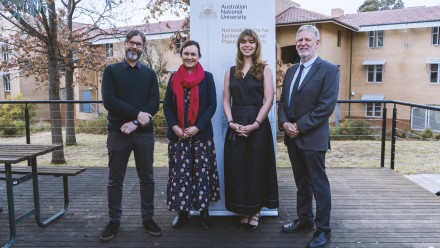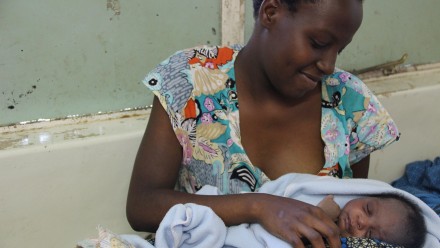Thesis Proposal Review: Strengthening the preparedness and readiness of rural and remote primary care midwives in resource-limited settings
Share
Photo: Lindsay Mgbor/Department for International Development on Flickr
About
Despite substantial progress toward improving global maternal and neonatal health outcomes, an estimated 810 women die each day from pregnancy and childbirth-related complications. Additionally, 2.4 million neonatal deaths and 2 million stillbirths occur each year. The majority of deaths occur in low and lower-middle-income countries, and most are preventable.
Primary care midwives are essential to improving the health of women and babies in rural and remote resource-limited settings. Yet, many are not adequately prepared or supported to meet the demands of this challenging role. Inadequate training and supervision, poor health infrastructure and work processes, high workloads, and scarce supplies impact midwives’ readiness to provide timely quality health care to the communities they serve.
Despite the importance and complexity of providing quality midwifery care to rural and remote communities, the research evidence for preparing and supporting midwives to work effectively in this context is limited. Therefore, this PhD mixed-methods study aims to identify the needs and opportunities for strengthening the preparedness and readiness of rural and remote primary care midwives in resource-limited settings to provide evidence for policy, education, and practice.
Bio
 Kristen is a registered midwife and nurse with qualifications and experience in public and community health, professional education and training, and child health. Kristen has worked in numerous midwifery, nursing, education and research roles in Australia, England, Thailand, Sierra Leone and Timor Leste, focusing on reproductive, maternal, newborn and child health, quality improvement, and workforce capacity building.
Kristen is a registered midwife and nurse with qualifications and experience in public and community health, professional education and training, and child health. Kristen has worked in numerous midwifery, nursing, education and research roles in Australia, England, Thailand, Sierra Leone and Timor Leste, focusing on reproductive, maternal, newborn and child health, quality improvement, and workforce capacity building.








